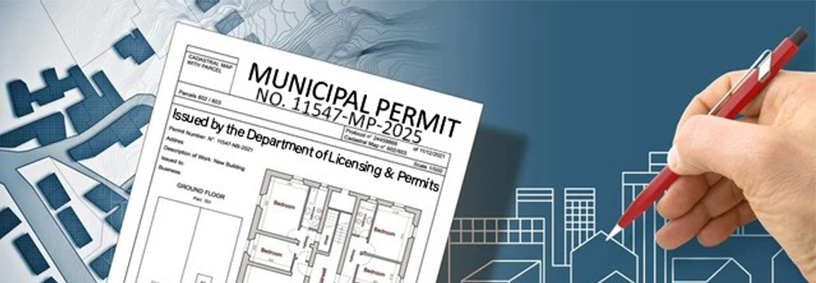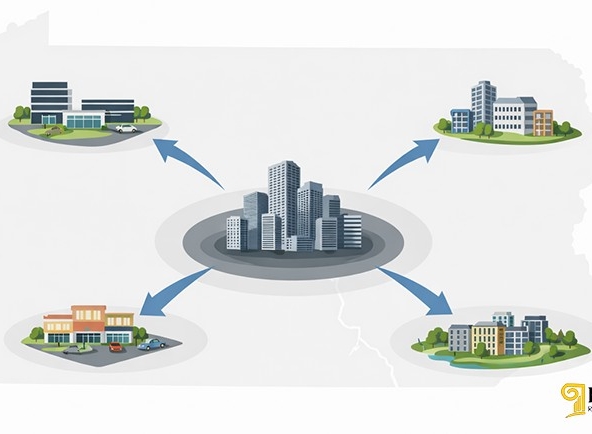Zoning & Permitting in Pennsylvania: What Commercial Tenants and Buyers Should Know
Finding the right commercial property is about more than square footage, location, and lease terms. Behind every great space is a critical—and often overlooked—piece of the puzzle: zoning and permitting.
Whether you’re launching a new business, expanding your operations, or investing in real estate across Pennsylvania, understanding zoning and permitting is key to unlocking your property’s true potential.
Why Zoning Should Be Step One
Zoning regulations define what types of businesses can operate in specific areas. Sounds simple, right? But in Pennsylvania, zoning is handled locally, meaning the rules in one municipality may be completely different just a few miles down the road.
Here’s what that looks like in practice:
- A retail store might be permitted by-right in one township but require a variance in the next.
- An industrial warehouse could need additional approvals due to traffic studies, environmental impacts, or conditional use regulations.
- A professional office may be zoned correctly, but local ordinances could limit parking availability, signage, or operating hours.
In PA counties like Chester, Montgomery, Delaware, Bucks, Berks, and beyond, it’s not just about finding the right building—it’s about making sure the use aligns with local code.
The Permitting Process: What to Expect
Once the zoning checks out, you’ll likely need permits before making any changes or opening your doors. This process varies based on use, location, and scope of work—but generally includes:
- Use & Occupancy Permits (U&O)
Proof that your business can legally occupy the space under local regulations. - Building Permits
Required for renovations, tenant fit-outs, or structural modifications. - Sign Permits
Necessary for any exterior signage—even window decals in some boroughs. - Health, Fire, and Safety Reviews
Especially important for restaurants, salons, medical practices, and manufacturing uses.
The timing, fees, and review process all vary by municipality—so it pays to be proactive.
Common Mistakes (and How to Avoid Them)
Tenants and buyers often run into delays, fees, or denied applications when:
- Assuming a permitted use without verifying with the township or borough
- Closing on a lease or purchase before completing zoning due diligence
- Starting construction before securing the proper permits
- Overlooking small details—like ADA compliance or sign dimensions—that can cause major holdups
Experience Matters—Especially in Pennsylvania
At Pillar Real Estate Advisors, we’ve helped clients navigate zoning and permitting in dozens of municipalities across southeastern PA and beyond.
We know how to:
- Identify potential zoning issues early
- Connect you with the right professionals early in the process
- Guide you through application processes and timelines
- Coordinate with township officials, engineers, and attorneys when needed
- Keep your transaction—and your timeline—moving forward
Final Thoughts
Zoning and permitting aren’t the most glamorous parts of commercial real estate—but they’re some of the most important. If you want to save time, money, and stress, the best thing you can do is understand the local landscape before you commit to a space.
Every municipality has its own playbook. Having someone on your side who knows how to navigate it? That’s a game-changer.
Considering a commercial property in Pennsylvania? Let’s talk early in the process. Our team can help you understand what’s possible—so your next move is informed, efficient, and future-proof.




